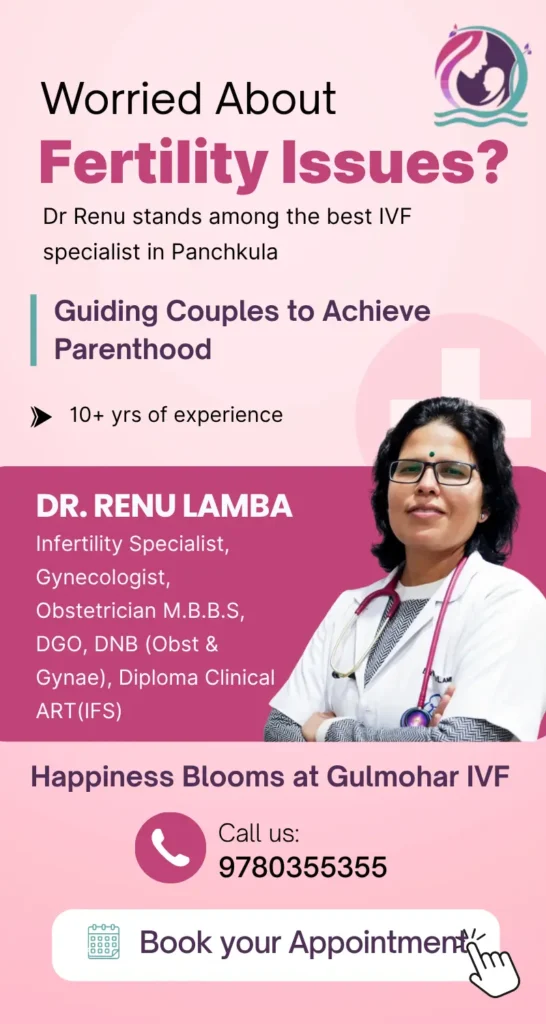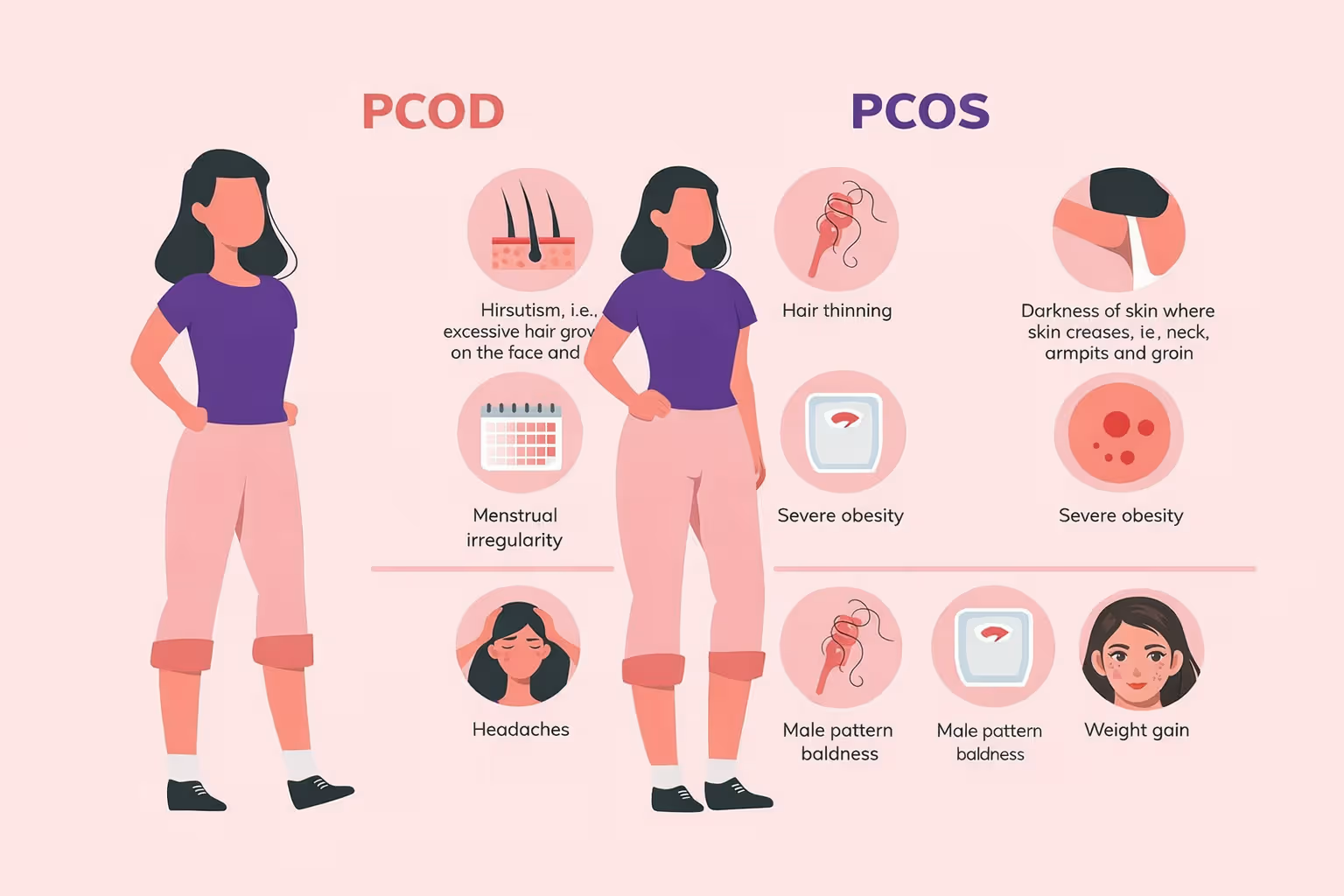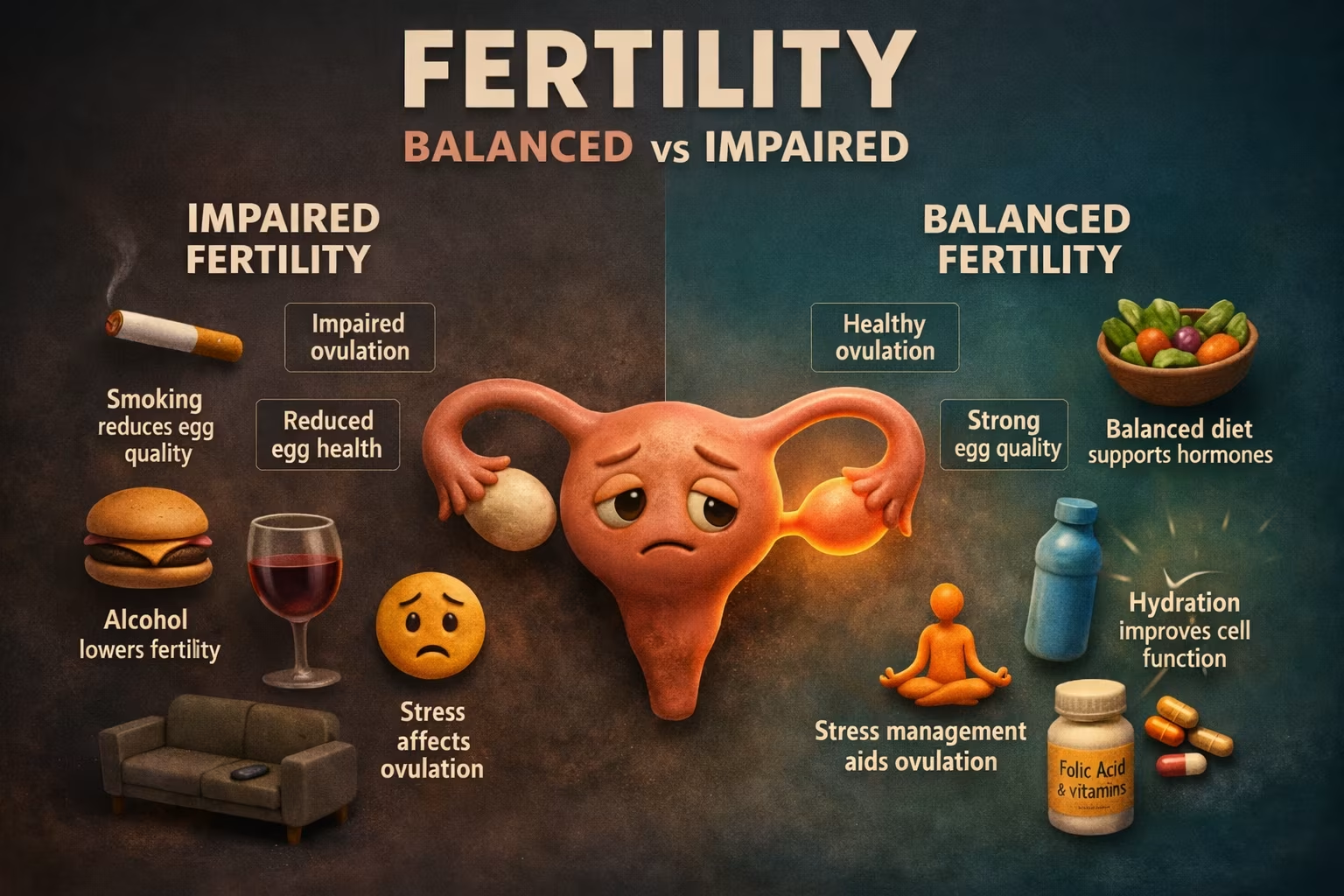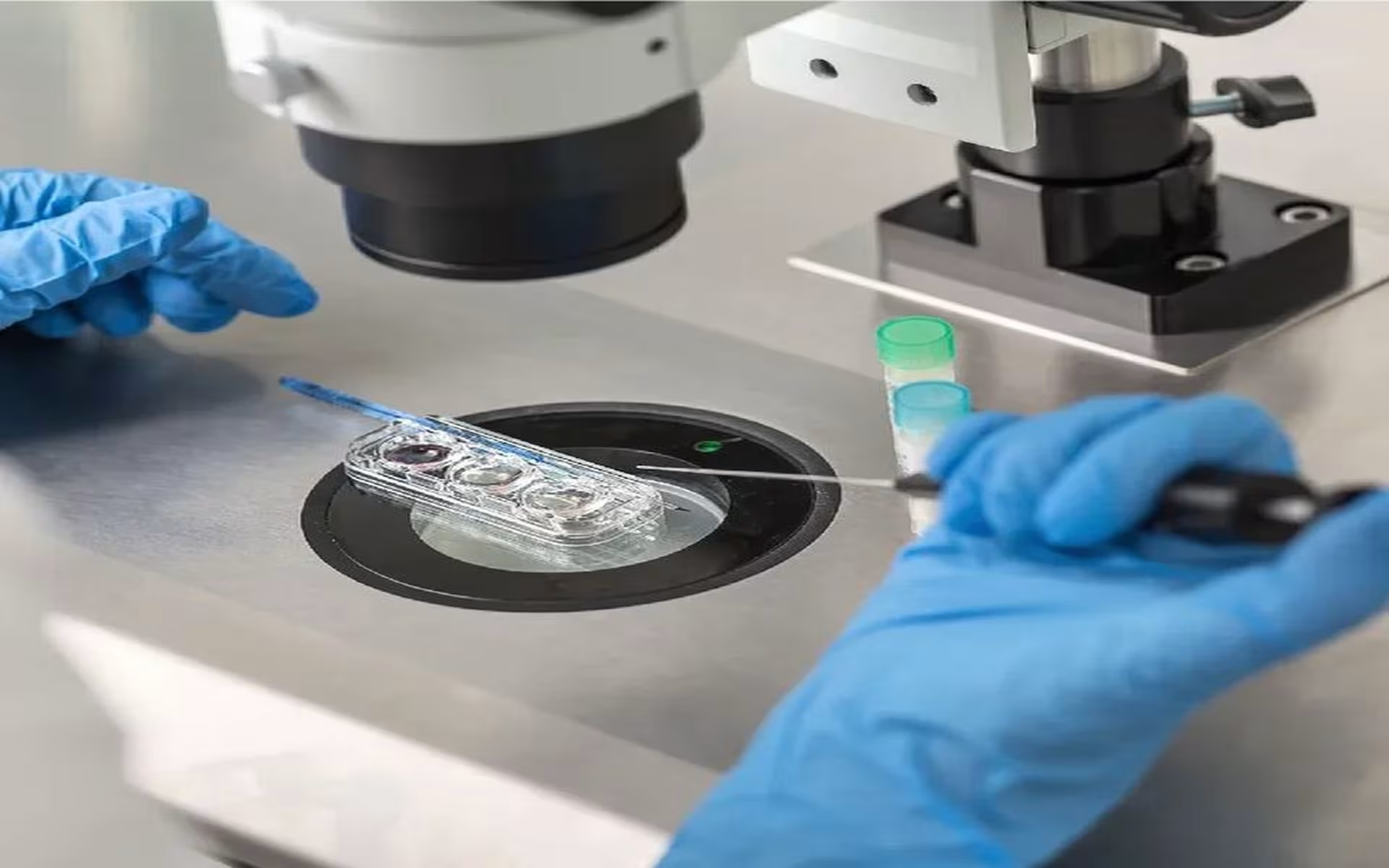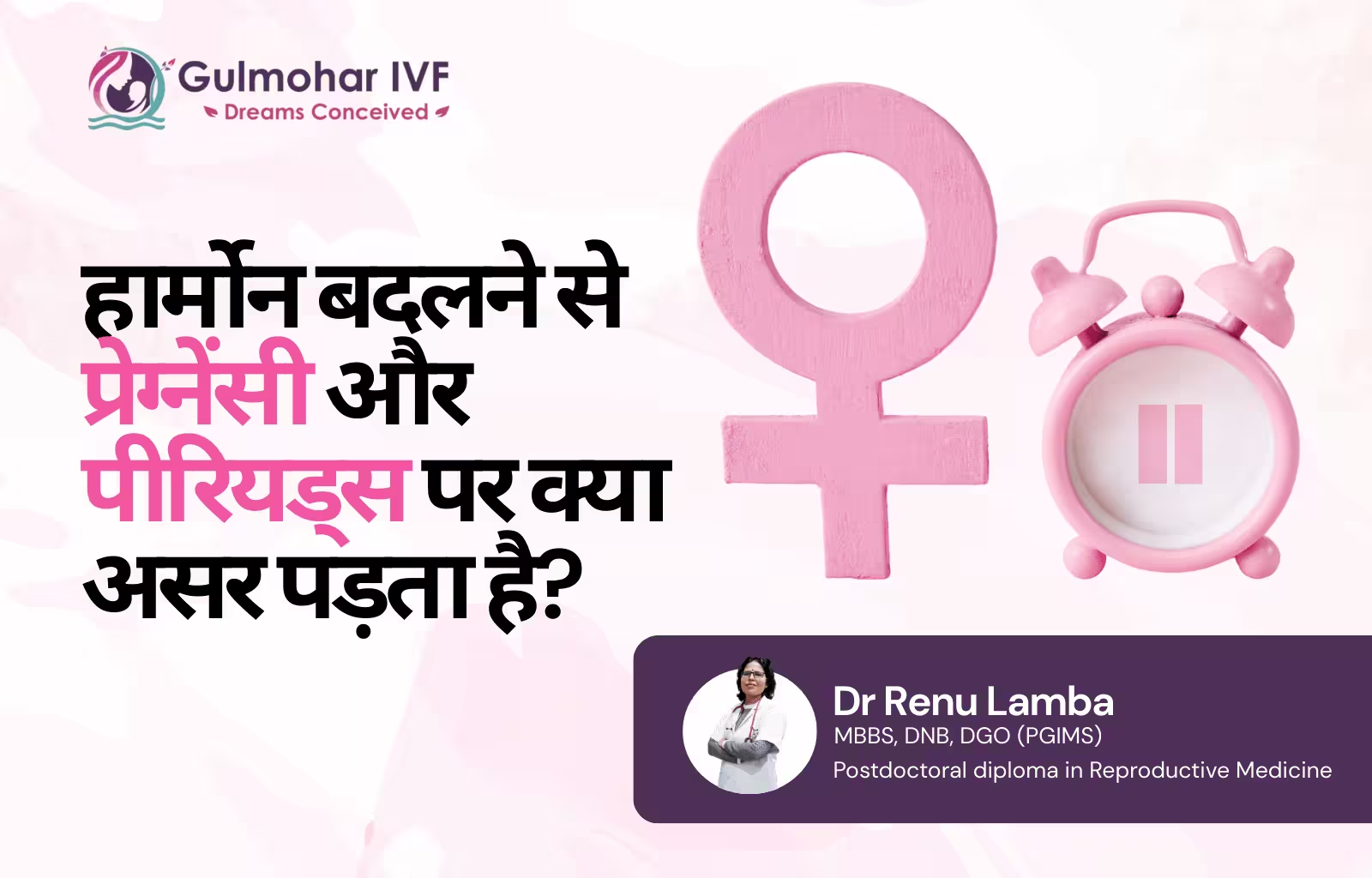In the journey to parenthood, some paths are quiet, private, and deeply emotional. Donor Sperm in Panchkula IVF is one of those paths. It’s not often spoken about at dinner tables or family functions but it plays a crucial role in helping many couples achieve their dream of becoming parents. From male infertility to single motherhood, donor sperm opens doors that might otherwise remain closed. So let’s talk honestly, openly, and without judgment about what really happens behind the clinic walls, and why it’s more common (and safer) than you think.
Understanding Why Donor Sperm Is Needed
At Gulmohar IVF, nearly 1 in 10 couples we see struggle with male factor infertility. In some cases, sperm counts are extremely low (azoospermia) or absent due to genetic issues, past illnesses like mumps, varicocele, or previous cancer treatments. Sometimes, sperm is present but has poor motility or DNA fragmentation. In other situations, single women or lesbian couples may choose donor sperm to build a family. Whatever the reason, opting for donor sperm is not a failure, it’s a decision made with courage and love.
How Sperm Donation Works in India (Legally and Medically)
India has strict guidelines under ICMR (Indian Council of Medical Research) and the ART (Assisted Reproductive Technology) Act 2021. Clinics like Gulmohar IVF source donor sperm only from licensed sperm banks registered under these regulations. Donors must be aged 21–55, medically screened for infectious diseases (HIV, hepatitis, STDs), and genetically tested. Their identity remains confidential neither the recipient nor the donor ever meets. The law also prohibits using sperm from known friends or relatives, ensuring ethical safety.
Who Are the Sperm Donors?
This surprises many couples. Most donors are educated, young men often college students or working professionals, who donate anonymously out of financial need or altruism. They are screened thoroughly, and only about 1 in 100 is accepted. When choosing a donor, clinics share details like:
- Height, weight, and complexion
- Blood group
- Educational background
- Religion and ethnicity (sometimes)
You can request a match close to your partner’s profile, but remember: genetics is only one part of parenting nurture shapes the rest.
When Is Donor Sperm Used in IVF or IUI?
There are two main fertility treatments involving donor sperm:
- IUI (Intrauterine Insemination): Washed donor sperm is directly placed in the uterus during ovulation. It’s simple, low-cost, and often the first step.
- IVF with Donor Sperm: Especially useful if the woman has fertility issues too (like low AMH or blocked tubes). Eggs are fertilized with donor sperm in a lab, and the resulting embryo is transferred into the uterus.
At Gulmohar IVF, we help you choose the safest, most effective path based on your reports—not assumptions.
Psychological Impact: Guilt, Grief & Acceptance
For many men, the thought of using donor sperm can feel emotionally crushing. There’s grief, guilt, and fear of “not being the real father.” For women, there’s often anxiety: “Will my husband feel left out?” These feelings are valid. We encourage open conversations, counseling, and couple-based support. One of our patients shared, “It hurt at first, but when I held my son, none of it mattered.” Fatherhood is not in the genes, it’s in the moments you show up, again and again.
Do Children Conceived via Donor Sperm Know?
This is deeply personal. In India, the law currently maintains donor anonymity, and disclosure is not mandatory. Some parents choose to tell their child at a later age, while others don’t. Global research (Harvard, Oxford studies) suggests that early open conversations lead to healthier emotional outcomes for the child. At Gulmohar, we advise parents to plan ahead, consider therapy if needed, and build a family narrative based on love and honesty.
Donor Sperm Myths in Panchkula: Let’s Bust Them
Myth 1: “Donor sperm means no connection with the child.”
Truth: Emotional bonding has nothing to do with genetics. Many fathers raise beautiful, fulfilling relationships with their donor-conceived children.
Myth 2: “People will find out and judge us.”
Truth: Your fertility journey is private. Only you decide who knows. And in today’s world, mental health and modern parenting are reshaping taboos.
Myth 3: “The baby might inherit strange traits.”
Truth: Every donor is medically screened, and hereditary diseases are ruled out. You’ll get a detailed donor profile not a lucky draw.
Success Rates: Is Donor Sperm IVF More Effective?
Yes, in many cases. Because donor sperm comes from healthy, young men with optimal fertility parameters, it increases fertilization and embryo quality. In IUI cycles, pregnancy rates can reach up to 20–25% per cycle. In IVF, especially with PGT-tested embryos, success can climb to 60% depending on maternal age. In fact, donor sperm cycles are often the fastest way to achieve results for couples with severe male infertility.
Real Stories from Panchkula Families
At Gulmohar IVF, we’ve seen couples who spent 8–10 years trying different treatments before saying yes to donor sperm. One of our couples from Sector 12 told us, “Humne chhupaaya nahi, apne bête ko dil se accept kiya. Aaj woh meri copy lagta hai.” Another mom who chose donor sperm as a single parent shared, “Log kya sochenge? Woh baby mujhe maa kehti hai that’s enough.” These aren’t rare stories anymore. They’re growing stronger, one family at a time.
How Gulmohar IVF Supports You in Donor Sperm Treatment
We understand the weight of this decision. That’s why we offer:
- Ethical sourcing from ICMR-registered sperm banks
- Full donor profile sharing for informed matching
- Confidential counseling for individuals and couples
- Legal clarity, transparent costs, and emotional support throughout
Your journey is your own, but you’re not alone.
Final Thoughts: Choosing Love Over Labels
“Genes make a baby. Love makes a parent.”
Using donor sperm doesn’t make your parenthood less real it makes it more human. It’s a choice rooted in hope, not shame. And at Gulmohar IVF, we honour that choice with compassion, science, and dignity.
Want to speak to a fertility expert Dr. Renu Lamba? Book consultation with Dr. Renu Lamba.
Disclaimer: This article is for educational purposes only. Please consult a qualified fertility specialist for diagnosis and treatment options.



